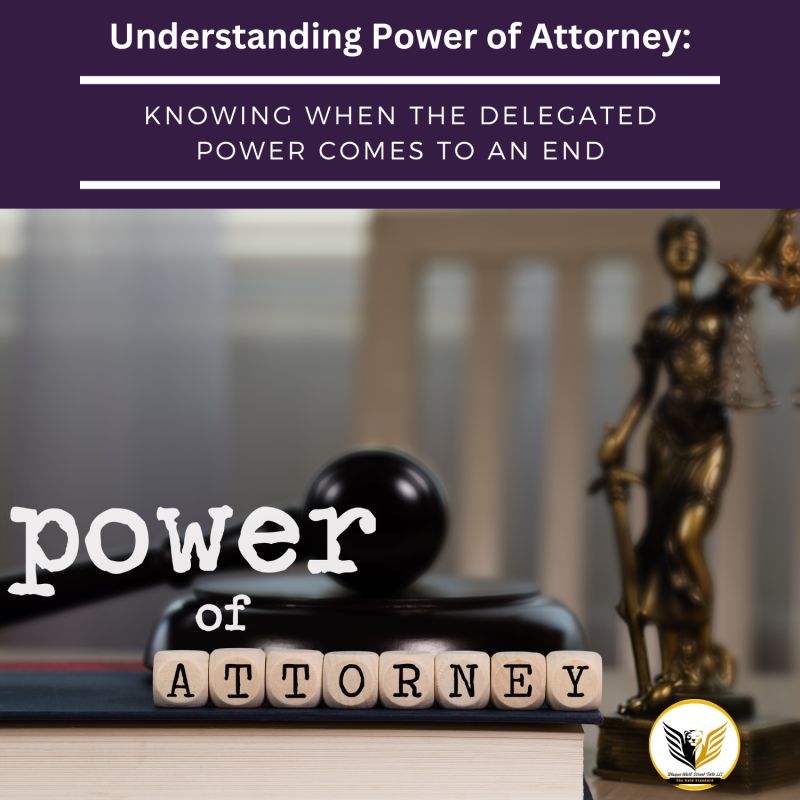
A power of attorney is a legally binding document that grants someone else the authority to act on your behalf. When you create a power of attorney, you are giving another person (referred to as your “agent”) the responsibility and trust to make decisions and take actions for you.
This means that your agent can step in and handle important matters on your behalf, such as managing finances, making healthcare decisions, or dealing with legal affairs.
The level of authority your agent has depends on the specific terms outlined in the power of attorney document. It allows you to decide whether you want to give them broad powers to handle all aspects of your life or limit their authority to specific tasks or situations.
Essentially, by creating a power of attorney, you are giving someone you trust the legal ability to act as your representative when you are unable to do so yourself.
So, when does a Power of Attorney terminate? Here are the key termination factors to consider:
⚰️-Principal’s demise: The authority of the agent automatically ends upon the death of the principal.
🖊️-Revocation by the principal: The principal can revoke the Power of Attorney at any time, effectively terminating the agent’s authority. It is essential to communicate this revocation clearly to the agent and relevant parties relying on the document.
⚖️-Court determination of incapacitation: If a court determines that the principal is partially or totally incapacitated, and the Power of Attorney does not explicitly state its continuation under such circumstances, the agent’s authority is terminated.
🏁-Purpose fulfillment: A Power of Attorney may have a specific purpose or task. Once that purpose is fulfilled, the agent’s authority granted by the document comes to an end.
⏰-Expiration of the term: The Power of Attorney might have a specified duration or end date. Upon the expiration of the term, the agent’s authority under the document terminates.
In any of these instances, the Power of Attorney is considered terminated. It is important to note that if a person continues to act as an agent without authority after being aware of any of these events, they are acting without legal authorization.